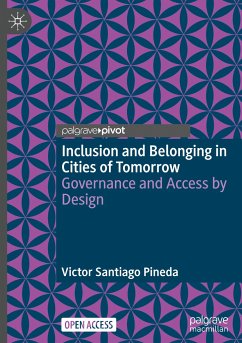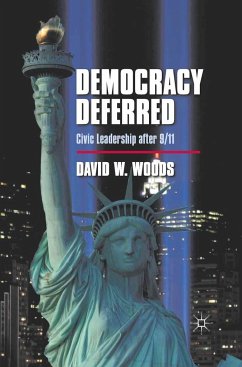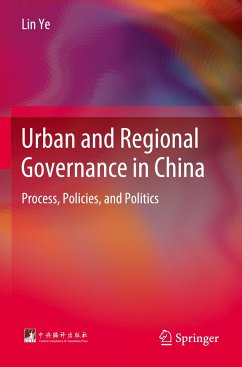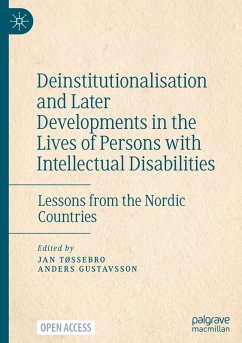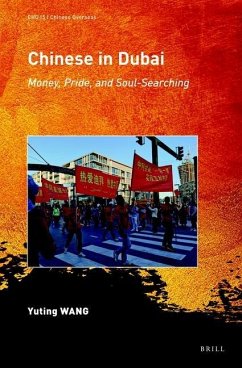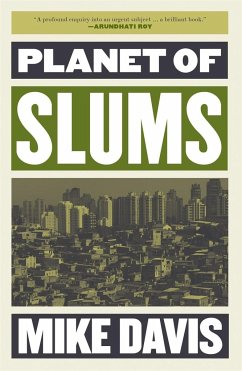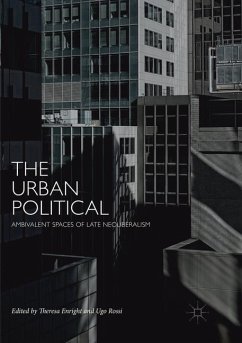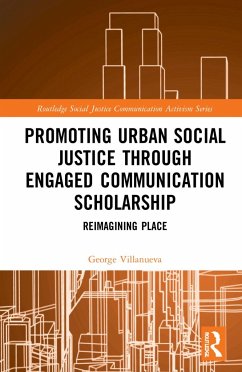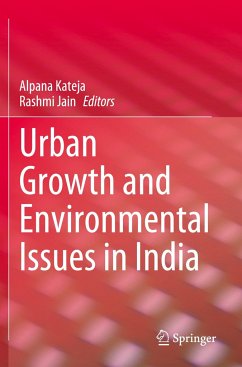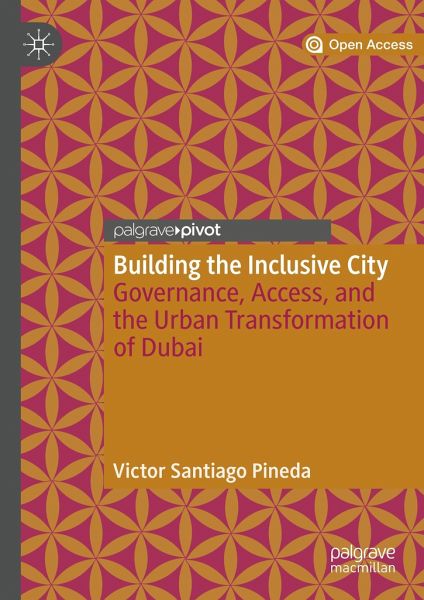
Building the Inclusive City
Governance, Access, and the Urban Transformation of Dubai
Versandkostenfrei!
Versandfertig in 6-10 Tagen
38,99 €
inkl. MwSt.

PAYBACK Punkte
19 °P sammeln!
This Open Access book is an anthropological urban study of the Emirate of Dubai, its institutions, and their evolution. It provides a contemporary history of disability in city planning from a non-Western perspective and explores the cultural context for its positioning. Three insights inform the author's approach. First, disability research, much like other urban or social issues, must be situated in a particular place. Second, access and inclusion forms a key part of both local and global planning issues. Third, a 21st century planning education should take access and inclusion into consider...
This Open Access book is an anthropological urban study of the Emirate of Dubai, its institutions, and their evolution. It provides a contemporary history of disability in city planning from a non-Western perspective and explores the cultural context for its positioning. Three insights inform the author's approach. First, disability research, much like other urban or social issues, must be situated in a particular place. Second, access and inclusion forms a key part of both local and global planning issues. Third, a 21st century planning education should take access and inclusion into consideration by applying a disability lens to the empirical, methodological, and theoretical advances of the field. By bridging theory and practice, this book provides new insights on inclusive city planning and comparative urban theory. This book should be read as part of a larger struggle to define and assert access; it's a story of how equity and justice are central themes in building the cities of the future and of today.





